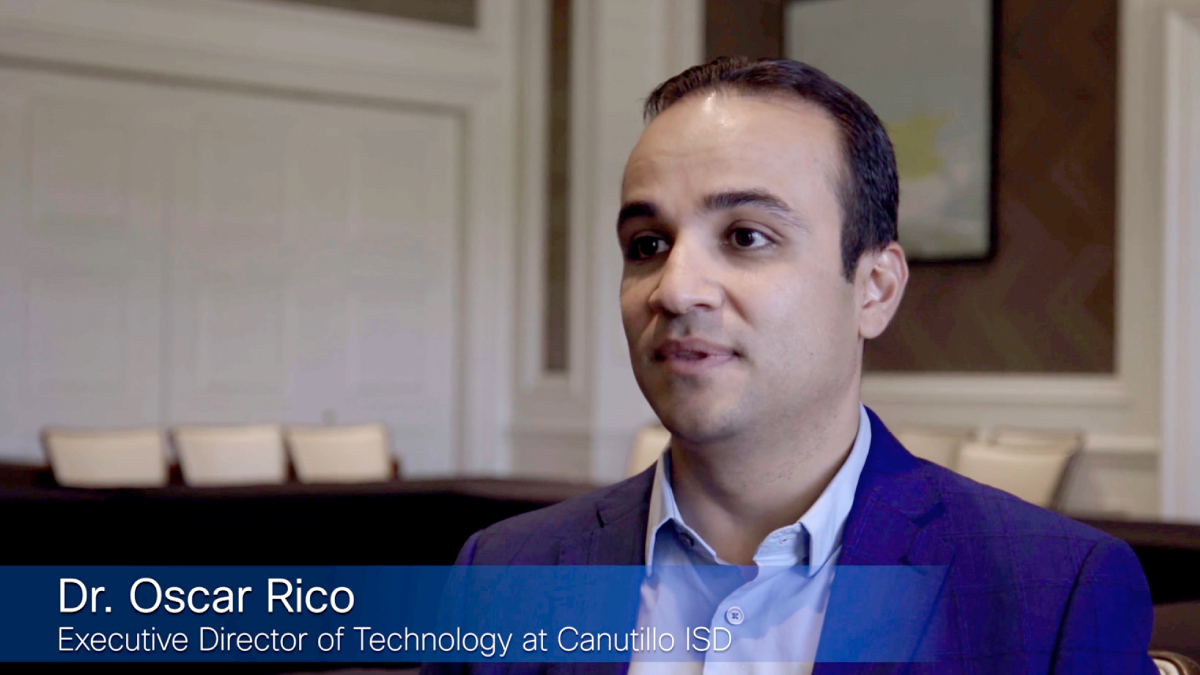In Asia Pacific, 8 centres have joined the global initiative with another 4 to join by year-end
ITU TELECOM ASIA 2002, HONG KONG - December 3, 2002 - The ITU and Cisco Systems, Inc., announced a significant milestone in the Internet Training Centre Initiative for Developing Countries (ITCI-DC). The initiative, a model for public-private partnership to bridge the Digital Divide, has now more than 26 centres worldwide. Significantly, 807 students currently enrolled in this Initiative are now armed with skills to face the challenge of the new economy. In the Asia Pacific region, eight centres have been signed up with another four set to join by the end of the year.
The global scope and interest in the ITCI-DC demonstrates the commitment that many developing countries have made to bring their citizens into the information society. The ITCI-DC is an initiative between ITU and the private sector in which Cisco Systems is a key partner. The Centres provide students in developing countries affordable and relevant training and education using both face-to-face and web based curriculum. Cisco Systems, through its Cisco Networking Academy Program, provides all ITU Internet Training Centres with hands-on course work designed to teach students the skills needed to design, build and maintain small to medium-size IP based networks.
Beyond the first phase, ITU has agreed to extend its collaboration with Cisco Systems in the ITU Internet Training Centre Initiative to offer the sponsored curriculum. Under this new arrangement, the ITCI-DC will now incorporate curriculum modules on Java, Unix, voice and data cabling, and IT Essentials (PC hardware, software and network operating systems). The whole curriculum offering under the Cisco Networking Academy Program is expected to deliver the range of services and support needed to grow tomorrow's Internet-savvy global workforce.
Under this Initiative, 50 training centres will be established by the end of 2003, to address an acute shortage of skilled networking and IT professionals in the developing world. The lack of human resources with Internet and New Economy skills is one of the most crucial constraints facing developing countries in their attempts to bridge the Digital Divide. Students from developing countries face particular difficulties in gaining access to training either through traditional or distance-based methods. High cost can force Universities to restrict full Internet access to staff or, at most graduate students.
The Cisco Networking Academy Program curriculum consists of a 280-hour curriculum delivered over approximately nine months. It is available in eight languages including English, Chinese and Japanese. "Cisco is committed to ensuring that today's students master the necessary skills for success in the Internet economy. In tandem with international organizations such as ITU, the Cisco Networking Academy Program is providing developing countries access to the same skills available elsewhere. This eliminates barriers of time, distance, and socio-economic status," said Gordon Astles, President, Cisco Systems Asia Pacific.
"We are very pleased with Cisco's commitment to this initiative," said Hamadoun Touri, Director of ITU's Telecommunication Development Bureau (BDT). "This forms an essential part of a global public-private partnership drive to ensure that growth in IP networking delivers maximum benefits to the global community."
One of the objectives of each Internet Training Centre is to strengthen Internet skills within the staff of the national telecom operator(s). In this respect ITU will encourage each Internet Training Centre to develop 'win-win' agreements with the Operator. These could include an agreement to provide employment opportunities for graduating students.
Mr Touri adds that each Internet Training Centre also involves a partnership with the relevant Government Agencies, and a not-for-profit training or educational institution. "The success of the Centres very much depends upon the support provided by its National Administration. In order to assure its successful implementation the Administration must designate a High level Facilitator for the initiative whose mission is to provide appropriate support."
More importantly, ITCI-DC initiative has made a real impact on the lives of students in developing countries. These students feel that they are now equipped with the life long skills that will help them in securing meaningful careers in the IT and telecommunications industries. This in turn will allow them to contribute to the economic development of their countries. "Going through the Cisco Networking Academy curriculum has been a life changing experience for me and a real eye-opener to what can be achieved with Internet technologies. I am really anxious to share what I have learned with others and contribute to the development of communications in China," said Shirley Guo Lijun, sophomore computer science student from the Nanjing University of Posts and Telecommunications. "The Internet has really taken off in Samoa but unfortunately there are not a lot of opportunities for us to pick up the necessary skills. The Internet Training Centre has since filled this gap and giving young Samoans access to those skills," said Vavae Timothy Toma, Bachelor of Science student majoring in computing from the National University of Samoa.
Success to build on
In Asia-Pacific where the ITCI-DC initiative was launched in late 2001, there are now eight Internet Training Centres operating in China, India, Indonesia, Malaysia, Maldives, Philippines, and Samoa. By the end of 2002, four more centres in Bangladesh, Fiji and Pakistan will come online, bringing the total to 12 centres, the target for Asia-Pacific. This goal was achieved a year ahead of schedule and a tribute to the commitment of the respective governments, ITU, Cisco and the educational institutions.
Globally, 26 centres have signed on to the project during the past 18 months, with 12 more agreements expected to be completed by the end of the year. The first project dedicated to women under this initiative has been established in Uganda at the University of Makerere, with similar centres subsequently set up in Saudi Arabia and Tanzania
About ITU
ITU is a world-wide organization which brings governments and industry together to coordinate the establishment and operation of global telecommunication networks and services; it is responsible for standardization, coordination and development of international telecommunications including radiocommunications, as well as the harmonization of national policies. To fulfil its mission, ITU adopts international regulations and treaties governing all terrestrial and space uses of the frequency spectrum as well as the use of all satellite orbits which serve as a framework for national legislations; it develops standards to foster the interconnection of telecommunication systems on a worldwide scale regardless of the type of technology used; it also fosters the development of telecommunications in developing countries. The Telecommunication Development Sector (ITU-D) is the development arm of the ITU, the main responsibility of which is to foster telecommunication development in developing countries through policy advice, provision of technical assistance, mobilization of resources and initiatives to extend access and bridge the digital divide. More information on the ITU is available at www.itu.int.
About Cisco Systems
Cisco Systems, Inc. (NASDAQ: CSCO) is the worldwide leader in networking for the Internet. Cisco news and information are available at www.cisco.com.
# # #
Cisco, Cisco Systems and the Cisco Systems logo are registered trademarks of Cisco Systems, Inc. in the U.S. and other countries. All other trademarks mentioned in this document are the property of their respective owners.






